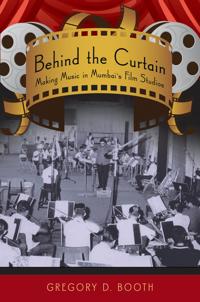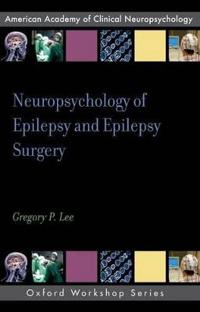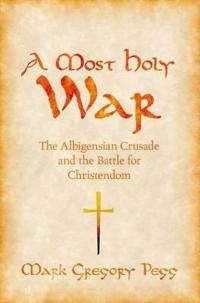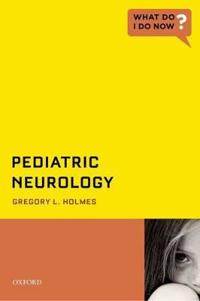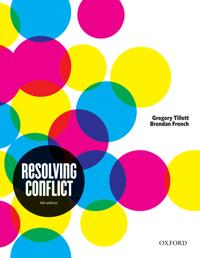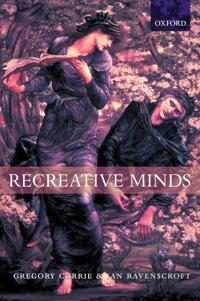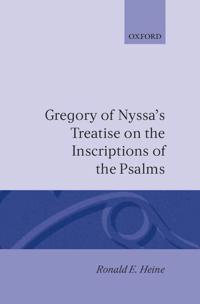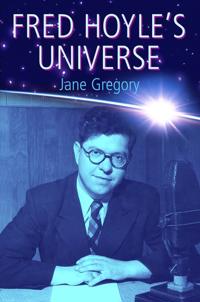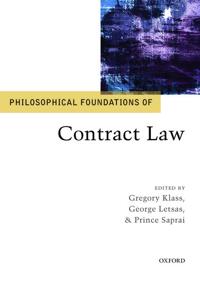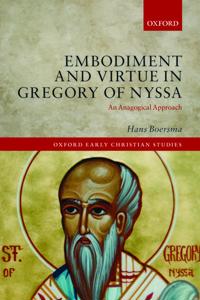Fractals in Molecular Biophysics (Inbunden)
avT.Gregory Dewey
ISBN: 9780195084474 - UTGIVEN: 1999-03-04Democratic Religion: Freedom, Authority and Church Discipline in the Baptist South, 1785-1900 (Inbunden)
avGregory A. Wills
ISBN: 9780195104127 - UTGIVEN: 1996-11-01Russell's Hidden Substitutional Theory (Inbunden)
avGregory Landini
ISBN: 9780195116830 - UTGIVEN: 1998-06-01Music in East Africa: Experiencing Music, Expressing Culture (Pocket)
avGregory F. Barz
ISBN: 9780195141528 - UTGIVEN: 2004-02-01Gregory of Nyssa and the Concept of Divine Persons (Inbunden)
avLucian Turcescu
ISBN: 9780195174250 - UTGIVEN: 2005-02-17Ecology and Evolution of the Grass-endophyte Symbiosis (Inbunden)
avGregory P. Cheplick, Stanley Faeth
ISBN: 9780195308082 - UTGIVEN: 2008-03-01Behind the Curtain (Häftad)
avGregory D. Booth
ISBN: 9780195327649 - UTGIVEN: 2008-12Beginning in the 1930s, men and a handful of women came from India's many communities-Marathi, Parsi, Goan, North Indian, and many others--to Mumbai to work in an industry that constituted in the words of some, "the original fusion music." They worked as composers, arrangers, assistants, and studio [...]
Neuropsychology of Epilepsy and Epilepsy Surgery (Häftad)
avGregory Lee
ISBN: 9780195372502 - UTGIVEN: 201004This book provides essential information about the variety of seizure disorders to serve as a basic epilepsy reference guide for students and practicing clinical neuropsychologists. In addition to epilepsy neuropsychological assessment issues, the book provides an overview of the known cognitive ef[...]
Southern Baptist Theological Seminary, 1859-2009 (Inbunden)
avGregory A. Wills
ISBN: 9780195377149 - UTGIVEN: 2009-08-06A Most Holy War (Häftad)
avMark Gregory Pegg
ISBN: 9780195393101 - UTGIVEN: 200911The Albigensian Crusade, the first in which Christians were promised salvation for killing other Christians, lasted twenty bloody years--a long savage war for the soul of Christendom. In A Most Holy War, historian Mark Pegg has produced a swift-moving, gripping narrative of this horrific crusade. Pe[...]
Pediatric Neurology (Pocket)
avGregory L. Holmes
ISBN: 9780195394580 - UTGIVEN: 2010-05What do I do now? Pediatric patients with neurological symptoms or problems pose many clinical challenges and even experienced clinicians occasionally arrive at the point where diagnostic, work-up, treatment, or prognostic thinking becomes blocked. From time to time, children are brought into the [...]
A History of Architecture (Häftad)
avSpiro Kostof, Gregory Castillo, Richard Tobias
ISBN: 9780195399837 - UTGIVEN: 200907When the late Spiro Kostof's A History of Architecture appeared in 1985, it was universally hailed as a masterpiece--one of the finest books on architecture ever written. Now, updated and expanded, this classic reference continues to bring to readers the full array of civilization's architectural a[...]
Resolving Conflict (Häftad)
avGregory Tillett, Brendan French
ISBN: 9780195568042 - UTGIVEN: 200909Resolving Conflict 4th edition presents the principles, process and practical skills for resolving conflict. The book emphasises the importance of preparatory work in the resolution of conflict and explores a wide range of human conflict situations. Drawing on case studies and incorporating question[...]
Restoration, Reformation and Reform, 1660-1828: Archbishops of Canterbury and Their Diocese (Inbunden)
avJeremy Gregory
ISBN: 9780198208303 - UTGIVEN: 2000-04-20Dualism and Hierarchy C: Processes of Binary Combination in Keo Society (Inbunden)
avGregory L. Forth
ISBN: 9780198234241 - UTGIVEN: 2001-05-03Recreative Minds (Häftad)
avGregory Currie, Ian Ravenscroft
ISBN: 9780198238096 - UTGIVEN: 200210Recreative Minds develops a philosophical theory of imagination that draws upon recent theories and results in psychology. Ideas about how we read the minds of others have put the concept of imagination firmly back on the agenda for philosophy and psychology. Currie and Ravenscroft present a theory [...]
Gregory of Nyssa's Treatise on the Inscriptions of the Psalms
ISBN: 9780198267638 - UTGIVEN: 1995-11Gregory of Nyssa (c.330-395) made important contributions to both theological thought and the understanding of the spiritual life. He was especially significant in adapting the thought of Origen to fourth century orthodoxy. The early treatise on the inscriptions of the Psalms shows the early stage[...]
Universal Salvation: Eschatology in the Thought of Gregory of Nyssa and Karl Rahner (Inbunden)
avMorwenna Ludlow
ISBN: 9780198270225 - UTGIVEN: 2000-12-07Oxford Reading Tree: Stage 1+: Floppy's Phonics Non-fiction: Pets (Pocket)
avMonica Hughes, Thelma Page, Roderick Hunt, Gregory Cook
ISBN: 9780198484370 - UTGIVEN: 2011-05-13Floppy's Phonics Non-fiction are stunning photographic, decodable books fully matched to Letters and Sounds. They feature your favourite Oxford Reading Tree characters who highlight key points and ask questions to help children interact with the text.[...]
Fred Hoyle's Universe (Inbunden)
avJane Gregory
ISBN: 9780198507918 - UTGIVEN: 200505Fred Hoyle was one of the most widely acclaimed and colourful scientists of the twentieth century, a down-to-earth Yorkshireman who combined a brilliant scientific mind with a relish for communication and controversy. Best known for his steady-state theory of cosmology, he described a universe with [...]
Philosophical Foundations of Contract Law (Inbunden)
avGregory Klass
ISBN: 9780198713012 - UTGIVEN: 2015-01In recent years there has been a revival of interest in the philosophical study of contract law. In 1981 Charles Fried claimed that contract law is based on the philosophy of promise and this has generated what is today known as 'the contract and promise debate'. Cutting to the heart of contemporary[...]
Embodiment and Virtue in Gregory of Nyssa
ISBN: 9780198728238 - UTGIVEN: 2015-04Embodiment in the theology of Gregory of Nyssa is a much-debated topic. Hans Boersma argues that this-worldly realities of time and space, which include embodiment, are not the focus of Gregory's theology. Instead, embodiment plays a distinctly subordinate role. The key to his theology, Boersma sugg[...]
Exploring Gregory of Nyssa
ISBN: 9780198826422 - UTGIVEN: 2018-11Exploring Gregory of Nyssa: Philosophical, Theological, and Historical Studies brings together an interdisciplinary team of historians, classicists, philosophers, and theologians to offer a holistic exploration of the thought of Gregory of Nyssa. The volume considers Gregory's role in the main philo[...]
Gregory of Nyssa and the Grasp of Faith: Union, Knowledge, and Divine Presence (Pocket)
avMartin Laird
ISBN: 9780199229154 - UTGIVEN: 2007-08-09When Cooperation Fails: The International Law and Politics of Genetically Modified Foods (Inbunden)
avMark A. Pollack, Gregory C. Shaffer
ISBN: 9780199237289 - UTGIVEN: 2009-05-21







